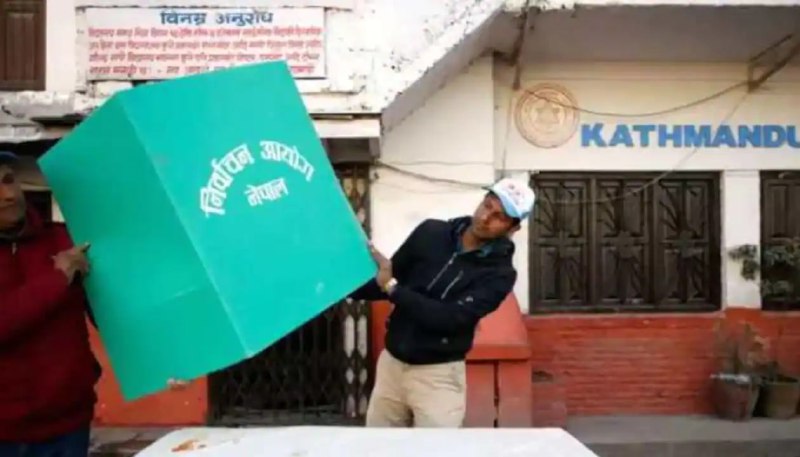The unexpected performance of newcomers in Nepal’s elections is a call for change
At face value, the outcome of Nepal’s general election was, expectedly, favourable to the ruling five-party alliance of the Nepali Congress, CPN (Maoist-Centre), CPN (Unified Socialist), Loktantrik Samajwadi Party, Nepal and Rastriya Janamorcha, which has won or established a lead in at least 87 of the 165 seats in the FPTP system and is tipped to win close to half of the 110 proportional representation seats. The coming together of the alliance is what helped it overcome the opposition coalition led by the K.P. Oli-helmed Communist Party of Nepal (Unified Marxist-Leninist) — it won or leads in 49 seats in the FPTP system while the UML is leading as the single largest party in terms of PR votes. But the mandate shows that the long-standing mainstream parties now have challengers — the largely urban-based newcomer Rashtriya Swatantra Party has a lead in or won eight seats while emerging as the third largest party in vote terms and also get a sizeable number of PR seats in the House of Representatives. Led by a former television personality, Rabi Lamichhane, the RSP has vague ideological views but a clear position against federalism, seeking to dissolve the provincial assemblies that were set up under the federalist constitution. Its performance points to the inability of mainstream parties to ensure stability or effect policies to lift the living standards of Nepalis in a country that sees much youth out-migration.
The election results have also been a blow to the Maoists and the Madhesi parties, which played a crucial role in the federalisation of republican Nepal. Their legacy in constitution-building did not help them overcome the fact that voters were tired of their opportunist political stances. While there is no threat to republicanism or secularism in Nepal, a more comprehensive federal agenda will have to ensure that provinces are sufficiently empowered or else the enthusiasm for federalism will wane further. The winning Nepali Congress will also have to look deeper into its electoral results which has been buoyed by the performance of its youth candidates. Led by veterans, the party must consider letting a younger leader (Gagan Thapa) take over. Unlike other south Asian democracies, Nepal’s elections were marked by the absence, largely, of calls for voting on religious/sectarian basis, and delivered results true to the country’s political diversity. Yet, a beleaguered Nepali citizenry that has waited for decades for democracy to unleash better developmental outcomes deserves change: it is now up to the parties to provide that.
